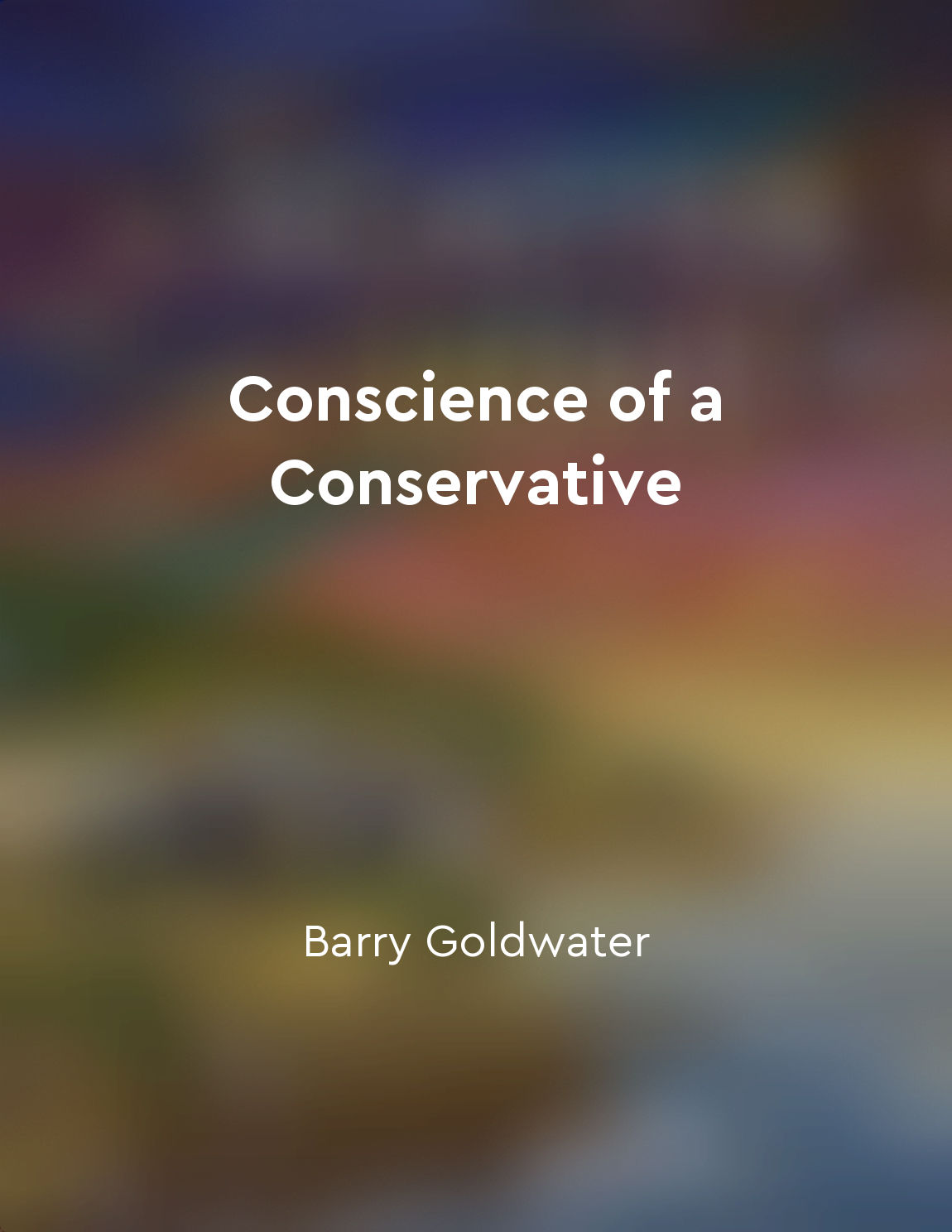Economics is the study of how individuals and societies allocate resources from "summary" of Basic Economics by Thomas Sowell
The fundamental task of economics is to study how resources are allocated in society. This encompasses the decisions made by individuals, businesses, and governments on what to produce, how to produce, and for whom to produce. Resources are limited while human wants are unlimited. This gives rise to the problem of scarcity, which requires choices to be made regarding how resources are used. Individuals make decisions based on their preferences and constraints. They weigh the benefits and costs of different options when making choices. These choices are influenced by factors such as price, income, and personal preferences. Businesses also make decisions based on maximizing profits. They allocate resources to produce goods and services that will generate the highest returns. In a market economy, prices play a crucial role in coordinating the allocation of resources. Prices serve as signals that convey information about the relative scarcity of goods and services. When prices are high, it indicates that a good is scarce and resources should be allocated towards its production. On the other hand, low prices signal abundance and resources should be shifted to other goods and services. Governments also play a role in resource allocation through policies and regulations. They may intervene in the market to correct market failures or to achieve certain social objectives. However, government intervention can sometimes lead to unintended consequences and inefficiencies in resource allocation.- The study of economics provides insights into how individuals and societies make decisions about allocating scarce resources. It helps us understand how these decisions shape the economy and impact people's lives. By analyzing the incentives, constraints, and trade-offs involved in resource allocation, we can gain a deeper understanding of the complex economic systems that govern our world.
Similar Posts
Externalities arise when the actions of one person affect others
Externalities occur when the actions of one economic agent affect the well-being of another economic agent in a way that is not...
Education plays a crucial role in overcoming poverty
Education is widely recognized as a powerful tool for individuals seeking to escape poverty. By acquiring knowledge and skills ...

The Constitution is a sacred document
The Constitution is a sacred document. It is not a mere collection of words on paper, but a foundational document that embodies...
In the short run, output deviates from potential output
In the short run, the level of output in an economy may not always align with its potential output. Potential output refers to ...
Market economies have elements of both capitalism and socialism
In market economies, there is a mixture of both capitalist and socialist elements. This means that while individuals and busine...
Role of industrial sector in economic growth
The industrial sector plays a crucial role in the economic growth of a country. It is often considered the backbone of the econ...

Antitrust laws seek to prevent market abuse
Antitrust laws are designed to maintain competition and prevent companies from engaging in practices that harm consumers or dis...
Regulatory coordination improves policy coherence
The concept of regulatory coordination improving policy coherence is essential in achieving effective and efficient regulation....

